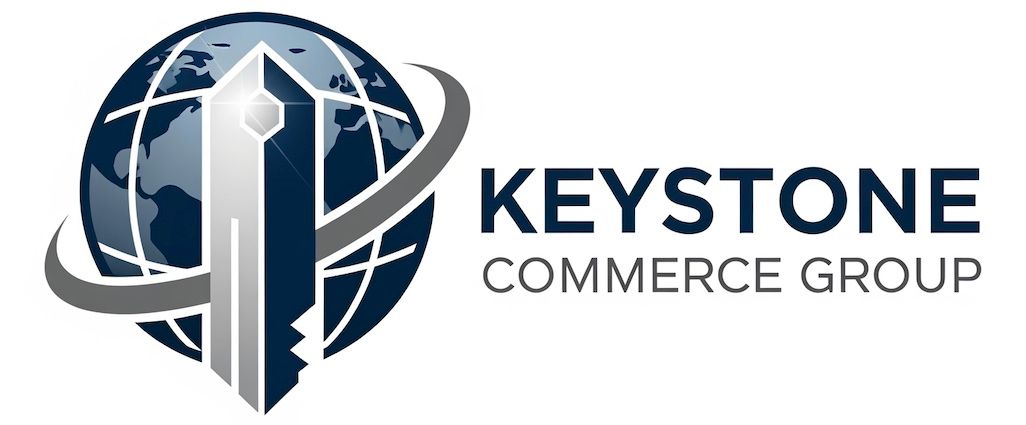Mastering Contract Negotiations in the Middle East: Essential Tips and Strategies
Understanding the Cultural Landscape & Cultural Gap
Mastering contract negotiations in the Middle East requires a deep understanding of the region's unique cultural landscape. Recognizing the importance of building relationships and trust is essential. The Middle Eastern business environment places a strong emphasis on personal connections and trust, which often precede business dealings. This relationship-building phase can be time-consuming, but it is crucial for successful negotiations.
Investing time in understanding local customs and traditions can significantly impact the outcome of your negotiations. For instance, knowing the significance of hospitality and how it influences business meetings can help you engage more effectively with local partners. Respecting these cultural nuances and religion demonstrates your commitment to a long-term relationship.

Effective Communication Strategies
In communication, there are awlays at least two parties. Communication in the Middle East is often indirect and nuanced. Mastering this style involves reading between the lines and being attuned to non-verbal cues.
What about your own culture and communication style?
Some people used to cross-board commerce have developped this ability to see, listen and understand our cultures, but can't perceive the problem in their own approach because it is part of their culture.
The most miscommunication happens between two high context cultures, meaning cultures using indirect communication, because the in-between the lines is different.
Patience and active listening are vital, as they allow you to gather insights that may not be explicitly stated. It's important to remain courteous and diplomatic throughout the negotiation process.
The Role of Negotiation Tactics
Successful contract negotiation strategies in the Middle East often involve a mix of patience and flexibility. Be prepared for extensive discussions and potential delays, as decision-making processes may take longer than in Western contexts. Demonstrating flexibility shows your willingness to collaborate and find mutually beneficial solutions for a long lasting partnership.

Building Trust and Credibility
Establishing trust is a cornerstone of business dealings in the Middle East. To build credibility, it's essential to deliver on promises and maintain transparency throughout the negotiation process. Consistency in your actions and words helps reinforce trust with your counterparts.
Additionally, leveraging the influence of local partners or intermediaries can enhance your credibility. These individuals can vouch for your reliability and facilitate smoother communication, particularly during the initial stages of negotiation.
Navigating Legal and Regulatory Frameworks
Understanding the legal and regulatory frameworks of the specific Middle Eastern country you are engaging with is crucial. Each country may have distinct regulations that impact contract terms and conditions. Engaging local legal experts ensures compliance and helps mitigate potential legal risks.

Moreover, familiarize yourself with common contractual clauses and dispute resolution mechanisms prevalent in the region, even if you could get away using some of the locaux jurisdictions using British law. This knowledge allows you to craft contracts that are not only legally sound but also aligned with local practices.
Conclusion: Achieving Win-Win Outcomes
Mastering contract negotiations in the Middle East demands a blend of cultural understanding, effective communication, and strategic flexibility. By prioritizing relationship-building, respecting local customs, and navigating legal frameworks adeptly, you can achieve win-win outcomes that benefit all parties involved.
Wondering how to get there? Message us now.
